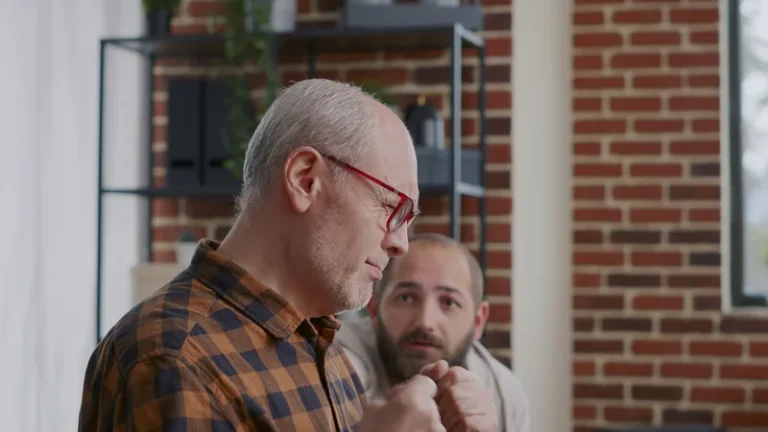
Someone you love is struggling with alcohol addiction, and you’re terrified that this problem is going to result in serious consequences. You’re also tired of enabling the behavior or pretending that it doesn’t affect you. At Zinnia Health, we offer one-to-one, confidential, and supportive programs that help people recover from addiction for good. Our continuing care is some of the best available and ensures that people have the ongoing support and guidance they need to avoid relapse. For instance, a family member’s drug abuse, a traumatic event, or a dysfunctional household dynamic can all lead to alcohol addiction.
How to Plan and Carry Out an Intervention for an Alcoholic

It is essential that each intervention member has foundational knowledge about alcoholism during this preparation process. This knowledge helps people identify their needs- while also being sensitive and compassionate to the fragile nature of addiction. Interventions are most powerful when the alcoholic is surrounded by people he or she loves. This means that you want to have the closest people https://ecosoberhouse.com/ involved during this process.

Are You Looking for Professional Help with Alcohol Use Disorder?

Recognizing the signs of addiction is the first step to starting an intervention. Notice if your loved one is showing subtle shifts in behavior, such as withdrawing from loved ones, neglecting responsibilities, and increasing reliance on substances. Take our free, 5-minute alcohol abuse self-assessment below if you think you or someone you love might be struggling with alcohol abuse. The evaluation consists of 11 yes or no questions that are intended to be used as an informational tool to assess the severity and probability of an alcohol use disorder.
Our Approach

The first step is recognition of the problem, which may not always be apparent to the individual misusing alcohol. The focus of the intervention is key to ensuring the individual understands that the primary concerns being expressed are based on love and acceptance versus anger or judgment. A commonly asked question is, “At what point should we have an intervention? ” This is a drug addiction treatment difficult question to answer as each person is unique, however, the answer is usually as soon as possible. Interventions can bring heightened emotions and potential conflict to the surface.
- A combination of treatment interventions is typically offered, including individual and group therapy, nutritional counseling, experiential therapies, and medication.
- Whether you’re looking for treatment or for aftercare options, we can point you in the right direction.
- For those seeking addiction treatment for themselves or a loved one, all phone calls are confidential and are available for 24/7 help.
- As someone you love and care for, it can be difficult to be firm or objective with the person.
- They will also share their boundaries should the person deny treatment.
- By identifying personal challenges, such as stress, trauma, or relationship difficulties, you gain insight into the root causes of your addiction.
He creates this site to offer guidance and support to individuals seeking to overcome addiction and achieve lasting sobriety. With extensive experience in the field of addiction treatment, Francisco is dedicated to helping individuals access how to do an intervention for an alcoholic the resources they need for successful recovery. Infinite Recovery offers a range of treatment programs for those suffering from substance abuse. Treatment centers across Texas can help you with a successful intervention.
Risks Mitigation in Interventions: Avoiding Common Pitfalls
It is the result of a complex interplay between genes, hormones, and the environment. When you get the facts straight, you can be compassionate when you confront a loved one who is an alcoholic. Don’t take the moral high ground and make him or her feel like a loser. On the contrary, displaying compassion and understanding can make dealing with an alcoholic easier and cause them to confide in you about the stresses that may have made them seek refuge in drinking.